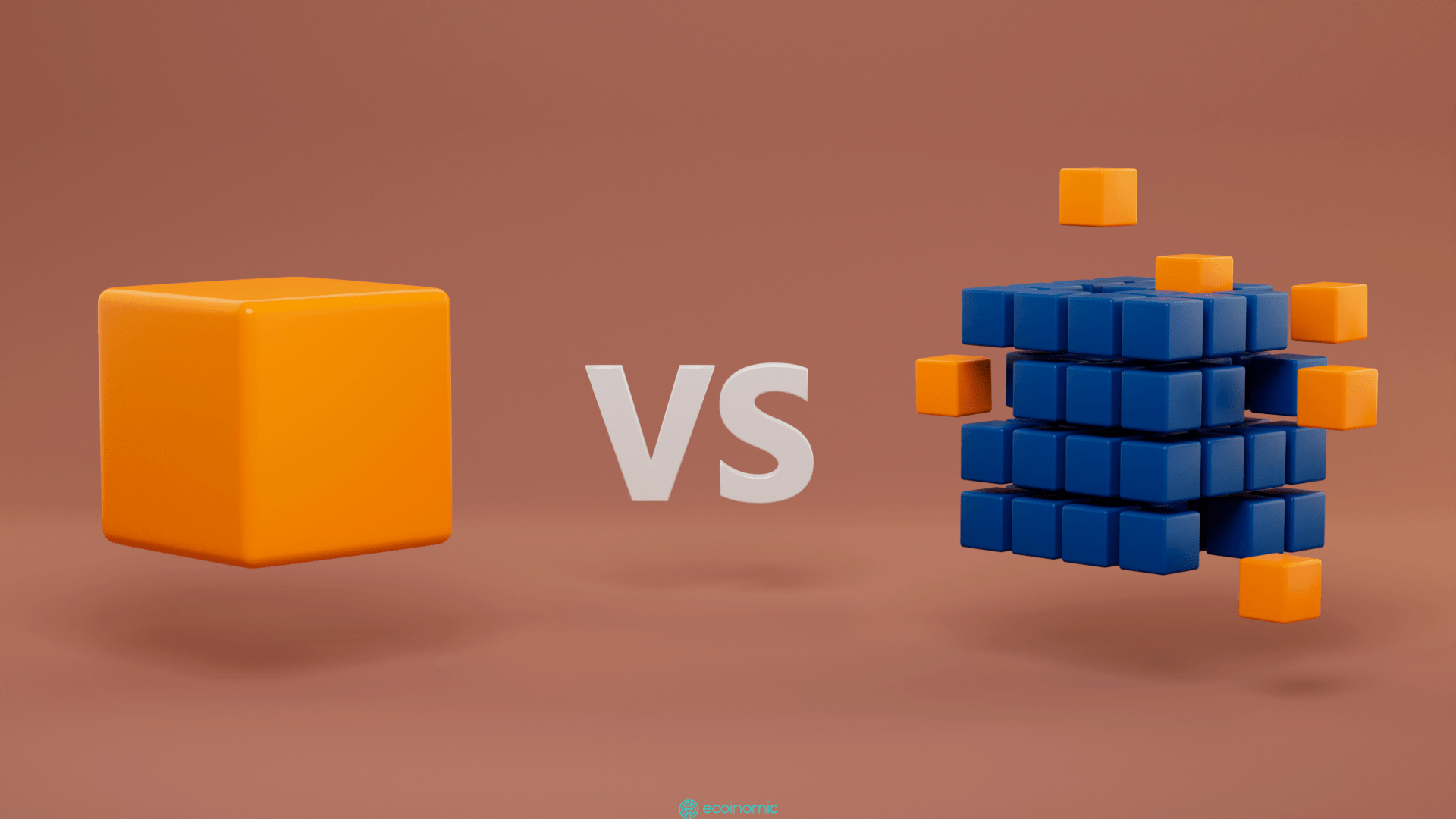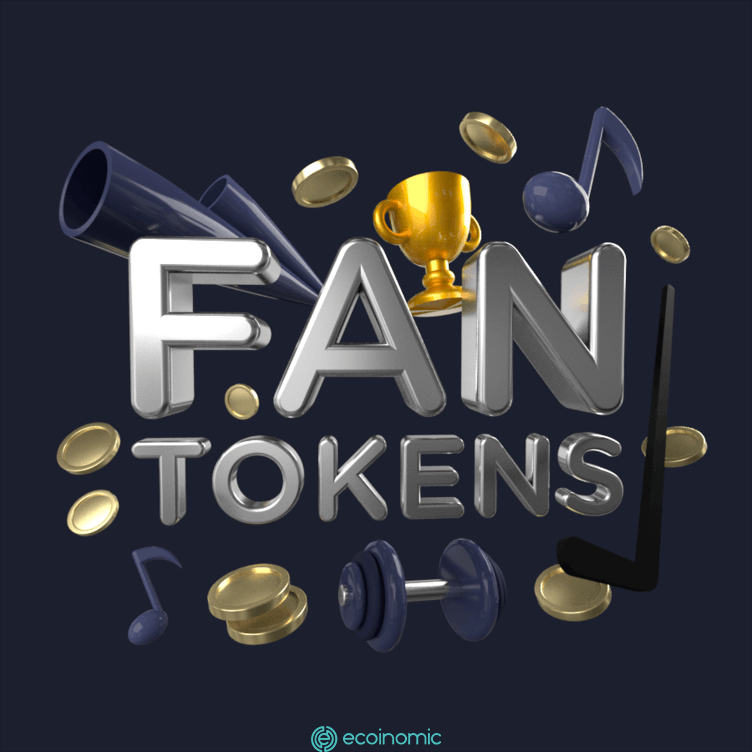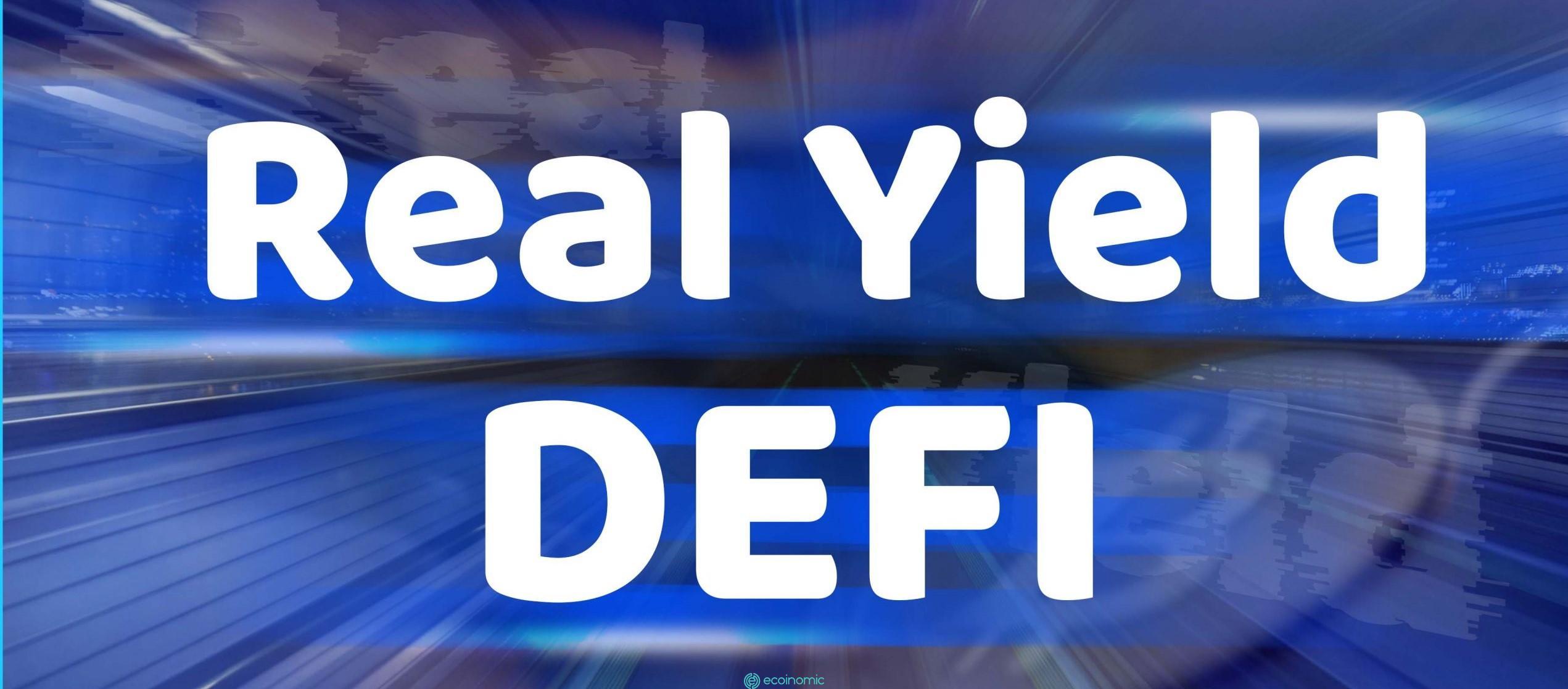Advertisement
Vitalik Buterin and other authors have mentioned Soulbound token (SBT) and DeSoc – decentralized society in a whitepaper.
What is soulbound token? What role does SBT play in shaping a decentralized society? The following article will give you an overview of soulbound and the future vision of Web3.
What is decentralized society (DeSoc)?
Decentralized social (DeSoc) is society with a combination of markets and politics that aims to expand the scope of Web3, towards a more inclusive, democratic and decentralized hyperfinance world.
Users will manage the principles of interoperability, establish collaboration, and build community.
In particular, Soulbound token (SBT) is the core element that realizes the vision of a decentralized society.
>>> Related: How to sign up for Binance Update 2022
What is Soulbound Token (SBT)?
The idea behind Soulbound comes from the video game World of Warcraft rewarding users with items known as ‘soulbound’, which cannot be exchanged or sold to other characters.
In decentralized society, Soulbound is a non-transferrable token that represents the identity of each individual with “commitment, delegation, and affiliation” – the elements that shape social relations in the Web3 network.
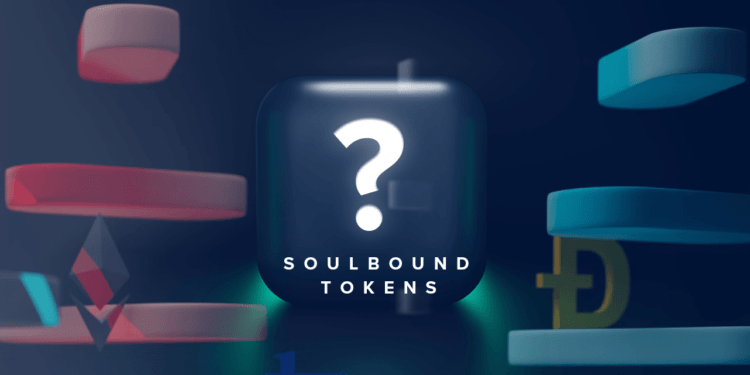
By applying blockchain technology, SBT allows individuals to verify all information including work process, education, professional certificates, medical history, credit score, …
1/ A first sketch of Decentralized Society (DeSoc): https://t.co/rdTSL8QpJP…
Honored to have collaborated with @glenweyl and @vitalikbuterin on what will hopefully become a novel field of research, inquiry, and co-creation across our technological stack.
— Puja Ohlhaver (@pujaohlhaver) May 11, 2022
How does Soulbound Token (SBT) work?
Soulbound token acts as an extensive resume, showing an individual’s membership, login, and affiliate. Soul wallets will store and issue SBT, attesting to these social relationships.
While NFT and other cryptocurrencies can be traded on the open market and transferred from one wallet to another, Soulbound token will be permanently bound to a wallet or account for the duration of their existence.
Why is Soulbound token important?
Although Web3 has undergone a strong development with great potential in the future, the industry still has certain limitations.
- User trust: Social identity and building trust is one of the major challenges of the Web3 industry.
- Origin: Most NFT curators choose centralized platforms like OpenSea and Twitter to maintain scarcity and provide a broader origin for their collections.
- Sybil attack: To prevent Sybil attacks and go beyond voting by coins/tokens, DAO relies on web 2 social network configurations such as Twitter, Discord servers,…
- Key management: Since decentralized key management is not user-friendly, most DeFi users choose to store digital assets on centralized platforms such as Coinbase, Binance,…
To replicate economic value into the Web3 space and build decentralized society (DeSoc), it is essential for current DeFi users to overcome these obstacles. Therefore, Soulbound Web3 was created to realize the future vision of decentralized society and overcome the above limitations.
What happens if Soul gets hacked?
What happens if your Soul wallet is hacked or you lose your Soul address?
Therefore, it is essential to apply appropriate safeguards or contingency plans to prevent identity theft.
Buterin has proposed adopting a “social recovery model” in the community. The user’s guardian will then have the ability to access and change the soul wallet’s private key when the wallet is hacked or user loses wallet address. Restoring Soul’s private key will randomly select a reputable member of the guardian list, meeting the required conditions.
However, in cases the designated guardian has passed away or old relationships have broken down, it will be difficult for an individual to recover stolen SBT.
Soulbound token activity in Web3
As blockchain technology becomes more popular and widely accepted, decentralized society will gradually be formed and Soulbound token is applied in various potential areas in the Web3 platform.
Building a DAO voting model
SBT is a proposed alternative to decentralized autonomous organization (DAO) voting. Instead of the current governance model depending on the number of tokens a member holds, DAOs can issue SBT that assign voting rights based on the user’s interaction with the community.
This model will prioritize voting rights for reputable users.
Against Sybil attacks
Besides creating a reputation-based voting system, SBT can improve the integrity of DAO voting – specifically protecting against Sybil attacks – one of the biggest threats to the current DAO governance model.
In a Sybil attack, an individual or a group of bad actors wants to overthrow DAO by purchasing the majority of governance tokens. Those with majority voting rights can manipulate voting proposals and orient the project in their favor.
SBT’s public verifiability can help detect and prevent bad actors from entering the DAO, while preventing corruption and Sybil attacks.
DeFi lending
Similar to traditional bank credit scores, SBT can track a user’s DeFi loan history as well as other metrics that determine risk profile. Therefore, DeFi lending platforms can issue uncollateralized loans and can identify borrowers.
Souldrops
Cryptocurrency projects often form new communities by launching airdrops or conducting token sales. However, this process is often attacked by Sybil and the allocation is not directed to the target users.
When using Souldrops, projects can engage the right communities by conducting governance token airdrops for Soul wallets with SBT.
Digital CV
SBT serves as skill certificate that stores personal credentials, relevant qualifications, and work history,… For example, students after completing the course will receive certificates in the form of SBT from school.
Health record management
The storage of medical records by SBT will shorten the process of verifying medical records, carrying out medical examination and treatment procedures, and managing health insurance quickly and easily.
Differences between SBT and NFT
The uniqueness and the way soulbound token works are quite similar to NFT, however, they have some key differences in terms of tradability and transferability.
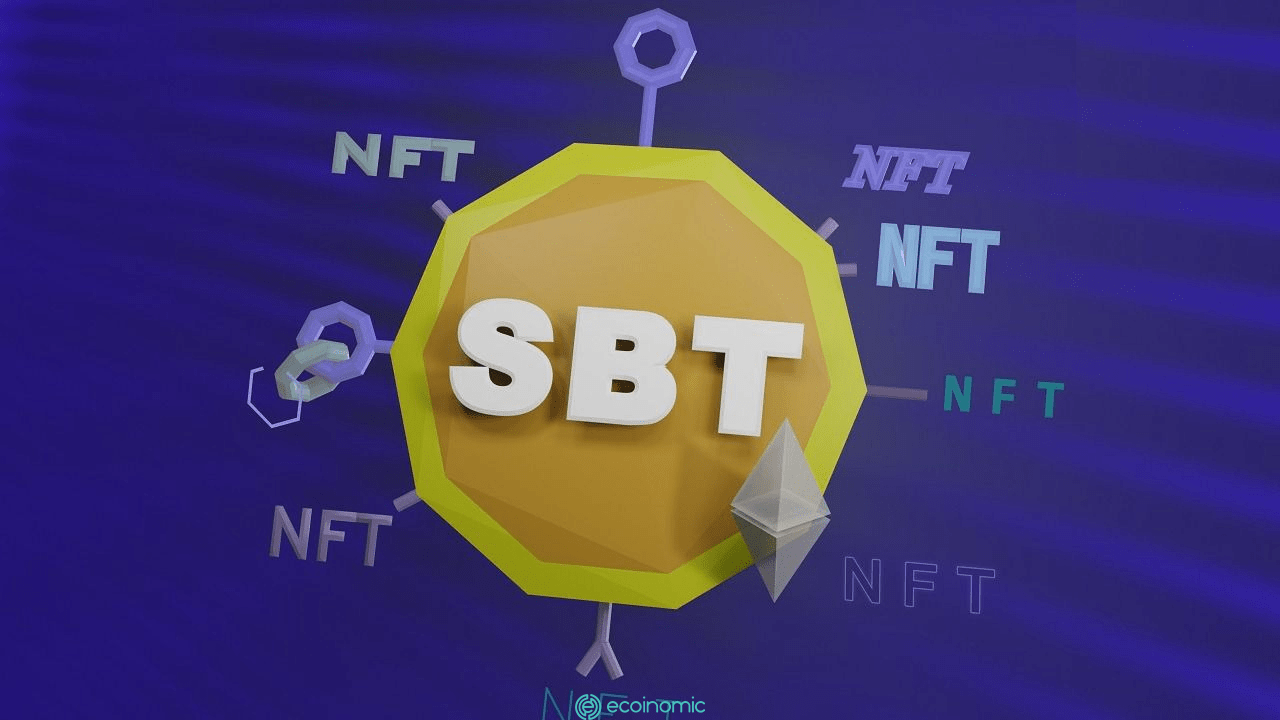
NFT represents users’ assets, while SBT proves the identity and confirms the credibility of them.
| Features | SBT | NFT |
| Essence | Tokens are non-transferable.
They don’t have any monetary value. |
Digital assets are transferable.
They have a monetary value. |
| Transferability | The user can not transfer SBT to a third party. | Users can buy and sell on secondary markets such as Opensea. |
| Applicability | – Identity verification.
– Ensure the identity of medical records, course completion, certain qualification and verification documents. |
– Use in digital collections.
– Serve as a proof of digital ownership such as NFT art, unique real-world assets like real estate. |
| Recovery mechanism | SBT contains a social recovery model, which determines soul membership in different communities. | Users cannot recover NFT after it is lost or mistakenly transferred to anyone. |
| Access rights | Access to documents, certificates, and other legal agreements granted by authorized organizations. | Tickets to events without identity verification. |
The future of Soulbound token
According to Jason Levin, SBT could be available for deployment and adoption by the end of 2022.
The future according to @VitalikButerin revolves around soulbound tokens (SBTs).
SBTs are NFTs that can't be transferred after they are received.
Once you receive an SBT, you hold it in a Soul wallet forever.
— Jason Levin (@iamjasonlevin) May 19, 2022
As of press time, the ideas, applications, and plans for implementing Soulbound token are theoretical and rather vague. However, Soulbound tokens promise to become a foundational element, shaping the future of decentralized society in Web3.
>>> Related: Guide to register Bittrex for newbies 2022

